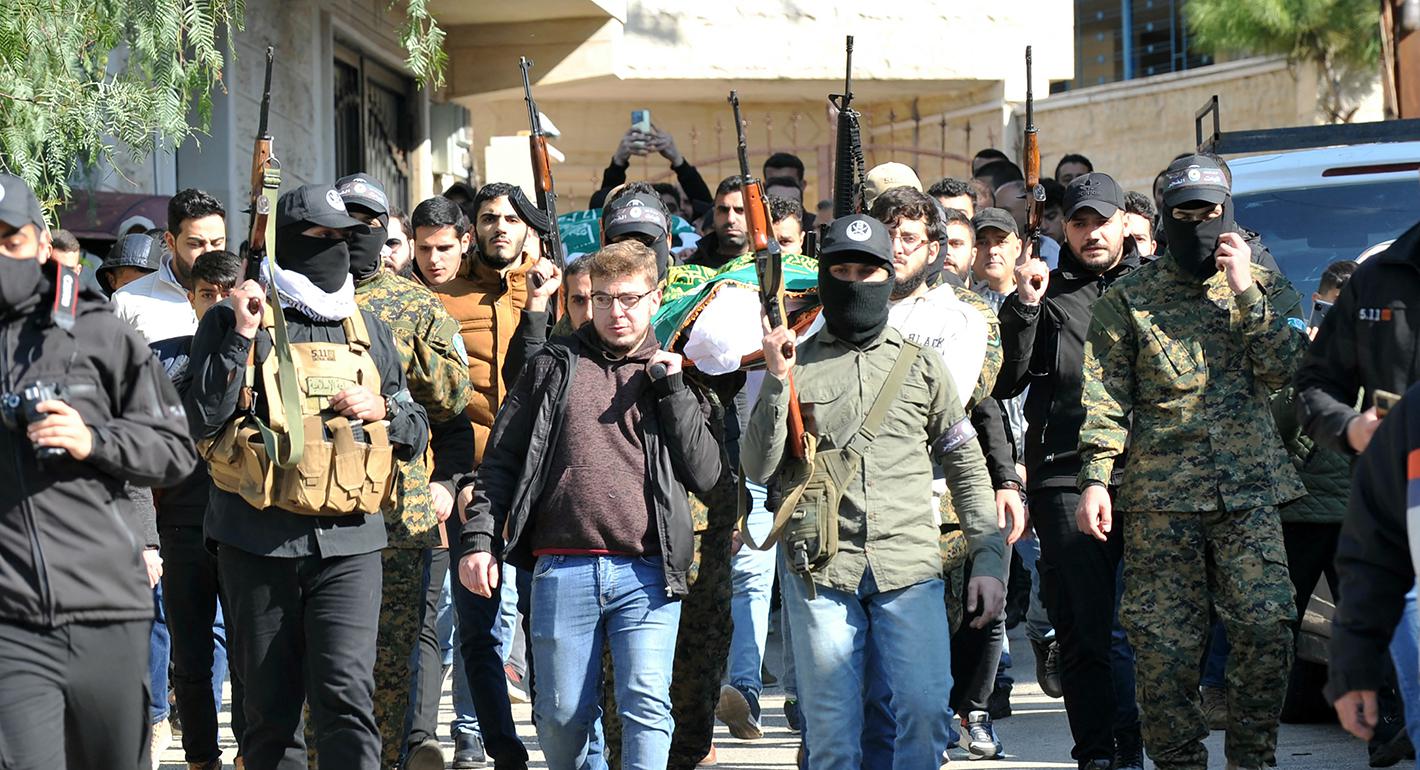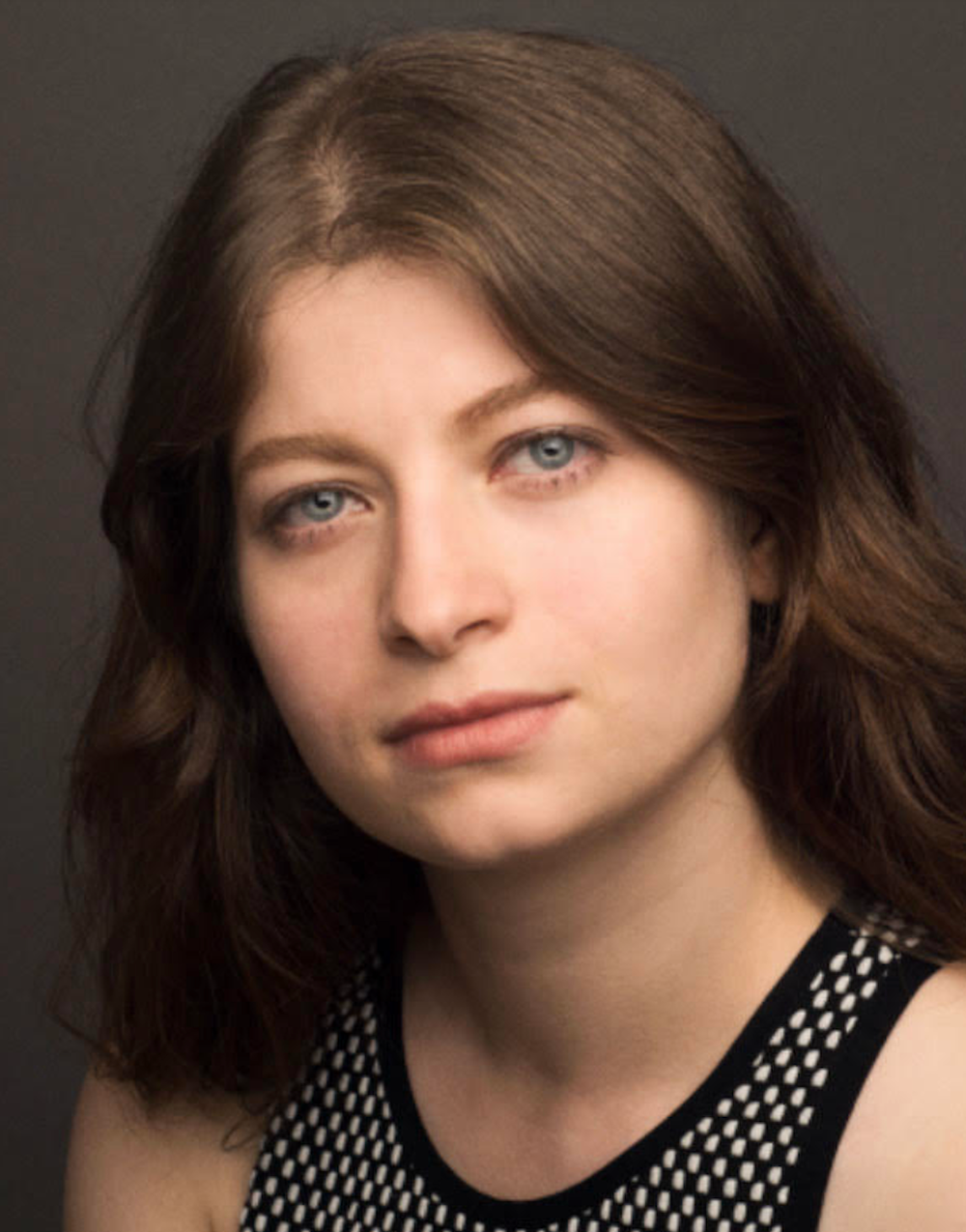The conflict did not reshape Arab foreign policy; on the contrary it exposed its limits.
Angie Omar
{
"authors": [
"Mohamad Fawaz"
],
"type": "commentary",
"blog": "Diwan",
"centerAffiliationAll": "dc",
"centers": [
"Carnegie Endowment for International Peace",
"Malcolm H. Kerr Carnegie Middle East Center"
],
"collections": [
"Palestine: The Wars in the War"
],
"englishNewsletterAll": "menaTransitions",
"nonEnglishNewsletterAll": "",
"primaryCenter": "Malcolm H. Kerr Carnegie Middle East Center",
"programAffiliation": "MEP",
"programs": [
"Middle East"
],
"projects": [],
"regions": [
"Levant",
"Israel",
"Lebanon",
"Palestine",
"Middle East"
],
"topics": [
"Political Reform"
]
}
Source: Getty
The fate of the Palestinians has altered the attitude of Lebanon’s Sunni community toward Hezbollah.
After the Hamas attack against Israel last October 7 and Hezbollah’s decision to open a “support front” for Gaza from Lebanon, Lebanese sectarian divisions deepened. The main Shia parties have backed Hezbollah’s move, while Christian political figures and parties have been more critical. However, the Sunni community has broken with its past behavior, which was defined largely by its hostility toward Hezbollah. In speaking to people within the community, I reached several conclusions about the mood among many Sunnis and their representatives.
From day-one, leading Sunnis were not embarrassed to express support for Hamas’s Al-Aqsa Flood operation, regardless of their antagonism toward Hezbollah and the pro-Iran Axis of Resistance, to which Hamas belongs. The operation was seen as a “purely Sunni” affair, a notion reinforced by Hezbollah Secretary General Hassan Nasrallah’s statement that the “operation was 100 percent Palestinian both in terms of decision and execution.” Indeed, soon after Israel began bombing Gaza, Hamas officials criticized Hezbollah, with Khaled Meshaal stating, “When such a heinous crime is perpetrated against Gaza, greater things are certainly needed [from Hamas’ allies],” though he added, “we should not single out Lebanon and Hezbollah.
Therefore, Sunnis of all persuasions considered that their alignment with the general sentiments of Arabs and Muslims in support of the Palestinians did not contradict their alignment against Iran and Hezbollah. Nor did it clash with the prevailing atmosphere in the Arab world, which is fearful of Iranian expansion.
Yet Gaza has also led to a change in the perception of Hezbollah by Sunnis. If the party is engaged in what many of them regard as a “Sunni battle,” then it only makes sense that Sunnis couldn’t help but feel some sympathy for a Hezbollah fighting on behalf of “their” cause. Whereas in the past they might have felt indifferent toward Hezbollah’s casualties, especially after the party’s participation in the repression of a mainly Sunni population during the uprising in Syria, Sunnis today have a subtle form of consideration for Hezbollah’s losses.
By the same token, the main Sunni Islamist party in Lebanon, the Jamaa al-Islamiyya initially saw no contradiction in differentiating itself from Hezbollah and its allies. Its parliamentarian, Imad al-Hout, made this clear in a statement, when he said that his organization was never “a tool for any external project, whether Western or Eastern, and we are not a part of any axis, and we will not be a part of an axis that may threaten the stability of our Arab depth…” This was especially noteworthy since the Jamaa al-Islamiyya, since the election of its new leadership in 2022, had increased its rhetoric about the need to “resist Israel.”
At the same time, the so-called “Sunni street” has generally disagreed with the mainly Christian political parties that have condemned Hezbollah for carrying Lebanon into a new war with Israel. For the first time in almost two decades, many Sunnis feel closer to Hezbollah than to the Christian parties with which they were previously aligned against Hezbollah. Simultaneously, many Sunnis would prefer for Sunni groups to avoid engaging in resistance, because of their belief that the community is militarily, socially, and politically weak when compared to Hezbollah. This avoidance of conflict has led generations of Sunnis to grow up far from the culture of self-sacrifice, in contrast with Hezbollah and its base.
With regard to Sunni attitudes toward Hamas’s military operations mounted against Israel from Lebanon, there is less communal approval. The reason for this is that many Lebanese look back on the Palestinian military presence in the country between the 1960s and the 1980s negatively. While Sunnis understand that Palestinians in Lebanon want to defend Palestine, they do not welcome military activities from Lebanon on behalf of non-Lebanese causes.
Traditional secular Sunni politicians differ in their calculations from religious parties such as the Jamaa al-Islamiyya. They echo Arab attitudes that reject Lebanon’s intervention in the Gaza war, as this would destroy the country. They also fear the expansion of the Sunni Islamists’ power, seeking to avoid the erosion of their own political influence to the Islamists’ advantage. This anxiety has been exacerbated by the withdrawal from politics and departure from Lebanon of the main Sunni traditional figure, Saad al-Hariri, which have left a vacuum on the Sunni scene, as well as the decline in Gulf interest in Lebanon compared to a decade ago.
Sunni attitudes also diverge over normalization with Israel. While certain politicians in the community may want to avoid disagreeing with Arab states that have normalized relations, the Sunni public in general opposes such a path. For instance, leading mosques in Lebanon, including the Bahaa Hariri Mosque in Sidon and the Mohammed al-Amin Mosque in downtown Beirut, have not hesitated during the crowded nights of Ramadan to condemn any rapprochement with Israel, reflecting a more general Sunni view in Lebanon.
The October 7 attack and its aftermath have the power to reshape the social and political orientation of Lebanese Sunnis. While traditional leaders fear for their position and political and social vision, the Jamaa and its allies offer their own perspective on resistance. Such approaches may highlight the often contending directions in the Sunni community, but this is hardly new as a reality.
Mohamad Fawaz
Carnegie does not take institutional positions on public policy issues; the views represented herein are those of the author(s) and do not necessarily reflect the views of Carnegie, its staff, or its trustees.
The conflict did not reshape Arab foreign policy; on the contrary it exposed its limits.

Angie Omar
The organization is under U.S. sanctions, caught between a need to change and a refusal to do so.
Mohamad Fawaz
A coalition of states is seeking to avert a U.S. attack, and Israel is in the forefront of their mind.

Michael Young
A recent offensive by Damascus and the Kurds’ abandonment by Arab allies have left a sense of betrayal.
Wladimir van Wilgenburg
Implementing Phase 2 of Trump’s plan for the territory only makes sense if all in Phase 1 is implemented.

Yezid Sayigh